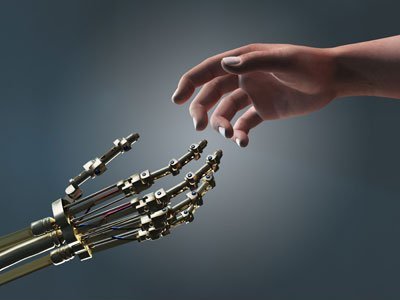| Benedict Anderson: 'Imagined Communities' |
As in other blogs, I will look at the most intriguing of the reading and give my own opinions on the matter. One of the main thoughts of the term 'Imagined Communities' is how ideologies or identities can create an imagined community. An example of this could be an English person defining themselves as English as opposed to British. Quite similarly, the German nationality is separate from French. This is an obvious notion, however this links quite nicely into the idea of Wales being a 'imagined community'.
From Anderson's work on 'Imagined Communities', he defines a 'nation' as 'an imagined political community and imagined as both inherently limited and sovereign.' In a way, this is correct as due to current politicians of nation and their beliefs as they shape the nation as the public begin to listen to those with power. However, this notion can be argued with more relevant features that have helped to shape nations. A prime example for the UK, is the fact that it is built up on many years of history. Many foreigners find the UK very interesting and therefore want to learn about the culture(s). Anderson clearly suggests that nations are built up on cultures of a nation and laws that are enforced. This is completely different to other definitions.
Wales can be seen as an 'Imagined Community' as it has its own language and it is part of the law that their language must be taught within all schools. This is a lot different to Scotland and Ireland as not all schools learn their nation's language. In other words, their national identity is kept pure as all road signs are in Welsh and then English, for the non-native speakers. These ideas are given in the 'Cool Cymru' abstract. Harris pragmatically delivers the ideas that the Welsh have pride and a passion for being Welsh. He states how the Welsh rugby teams and Welsh culture have had a massive effect on the fact that the Welsh society to being proud of their homeland. Personally I find this very fascinating as the Welsh culture is celebrated quite a lot, in comparison to the English. That said, the Scottish and Irish culture is celebrated just as much as the Welsh. However, there is rivalry between all countries in the UK but it only adds to the competitiveness. The 'cool' feature about Britain, is the fact that there are so many different cultures and it is very diverse.




